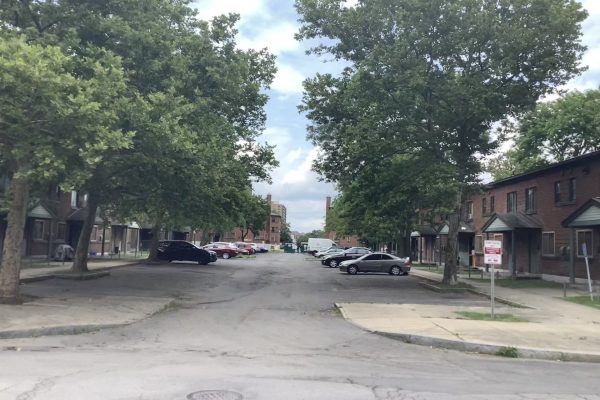Syracuse, N.Y. (NCC News) — Jeremy Striano is a Syracuse student. He and his family have been receiving mental health treatment for a number of years, and even he doesn’t know where to start in explaining the differences between mental health professionals.
“Honestly, no, I do want to learn more, but I kind of just went in with the blinders on, and kind of just focused on getting the help that was needed,” said Striano.
On the topic of mental healthcare in the US, you have lack of affordability, lack of access, and a lack of mental health professionals. It is a full-fledged crisis. Another issue? Some people simply don’t know where to go for help.
Social workers, psychologists, and psychiatrists are three very different professions who meet people when they are struggling.
Social workers, according to Licensed Clinical Social Worker Dan Burns, are all about solutions.
“Helping whoever that designated client or client group is, and doing so in a very solution focused way,” said Burns.
For example, if you went to a social worker and divulged that you are struggling with alcohol abuse, the person you are seeing may connect you directly to a rehab facility or alcoholics anonymous.
Social workers also go far beyond working with individuals. They can be found working with families and organizations. Although it is rarer, some social workers can provide therapy similar to psychologists.
“A psychologist though is going to definitely focus on the individual, and the therapeutic training they are going to is really focused on that individual,” says Dr. Shawn Ward.
Dr. Ward, a professor of psychology at LeMoyne College says that psychologists often use different forms of psychotherapy, or talk therapy, on individuals. The approaches they use are research-tested and are constantly being studied. Examples include Cognitive Behavioral Therapy (CBT) and Dialectical Behavioral Therapy (DBT).
CBT focuses on the power of thoughts and changing those that adversely affect us. DBT is primarily suited for those who struggle with emotional lability and other maladaptive emotional responses. In an example of someone who struggles with alcohol abuse, a psychologist would help the client work through the cognitive and emotional facets of their dependency, rather than the physical.
Now, these approaches only touch the surface of what a psychologist may use to make any one client a more well-adjusted individual, but what happens when talk therapy isn’t enough? Well, you may see a psychiatrist, either separate from a psychotherapist or jointly.
As medical doctors, psychiatrists are the only one’s allowed to prescribe meds in most states. Prescribing meds is something they rely on heavily, which will make the therapeutic piece of the equation feel more superficial. Tie that in with a shortage of mental healthcare professionals, and meds become their only option sometimes.
“They tend to immediately prescribe and that might mask or control some of the conditions,” said Ward. “Again, you mentioned the shortage, sometimes that is how they are managing the workload, just keeping people medicated and not really actually doing therapy.”
In our example of the person who struggles with alcohol, a psychiatrist may be the one to prescribe them Antabuse, a med commonly used to treat alcoholism.
The differences between the three professions are tangible, but they all serve a critical role in maintaining the health and well-being of individuals, families, and society.




